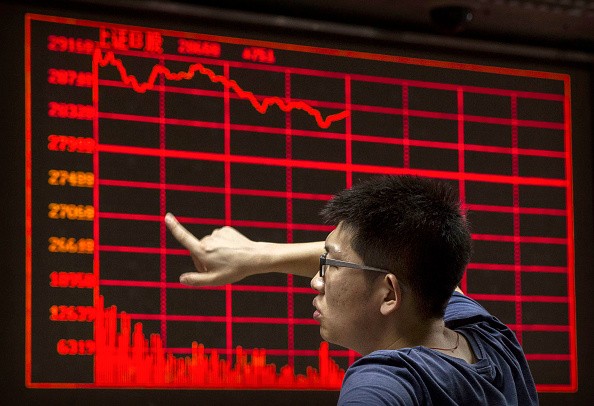China's ongoing structural reforms, which centers on the promotion of consumer-led growth, are poised to drive its economy toward "enormous dynamism," according to Mexican experts.
The current reforms are further strengthened by measures announced Sunday during the annual plenary session of the National People's Congress (NPC), China's national legislature.
"In coming months, we are going to see a China with enormous dynamism," said Ignacio Martinez Cortes, a research professor at the Center for International Relations at the National Autonomous University of Mexico (UNAM).
Those measures and the 6.5 percent economic growth target set for 2017 "aim for sustainable development," Martinez told Xinhua in a report published on Friday.
Armando Azua Garcia, an analyst with the Asian Studies Center Iberoamerican University in Mexico City, echoed Martinez's confidence.
China's economic reforms will allow it to continue its progress in bolstering the domestic market, Azua said, adding that its results will be reflected in greater dynamism in the short and medium terms.
Following years of growth fuelled by large-scale exports, China is shifting its economy toward domestic consumption.
But that is only part of the story, said Azua, noting that Beijing is also enacting reforms to boost investor confidence.
Azua noted that China's reforms also seek to shrink the large public sector "by delegating tasks" that could be done more efficiently by privately-owned small- and medium-sized companies, opening up new opportunities for foreign and local investors and reduce the government's role in the world's second-largest economy.
The Chinese government unveiled new programs aimed at complementing policies in place to meet the development goals outlined in China's 13th Five-Year Plan, including the consolidation of the domestic market and further opening up to foreign investment.
According to official government data, China's GDP amounted to $10.8 trillion in 2016, with a growth rate of 6.7 percent.
China's economic performance contributed to more than 30 percent of economic growth worldwide, placing it ahead of many other economies.
"I think the measures presented and the target growth set for 2017 are considered and correct, and will achieve stability," said Martinez.
China may not experience double-digit growth of the past years, but it may be a reflection of the country's changing priorities, he added.
Martinez said that China is trying to build a socially-friendly economy through increased domestic consumption and spread development to regions that have traditionally lagged behind; in the country's central region alone, the government aims to create more than 11 million new jobs this year as part of its goal to eliminate poverty by 2020.
"China has not only succeeded in creating 13 to 14 million jobs in urban zones, or increasing per capita disposable income by some 6.3 percent, but also lifted nearly 12.4 million people out of poverty," said Azua.



























